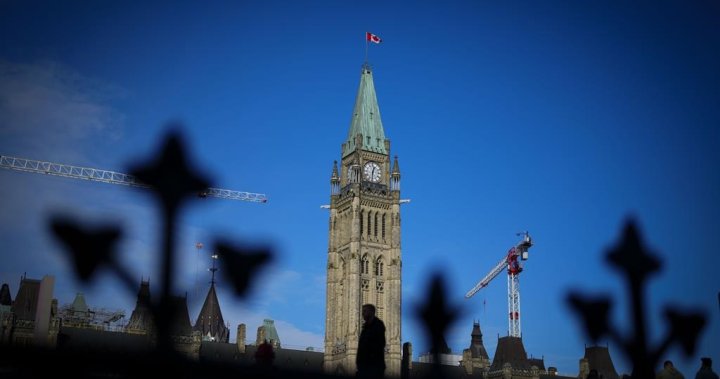Canada’s national police force, the RCMP, has acknowledged that they are aware of a wide range of intelligence related to parliamentarians allegedly collaborating with foreign governments. This statement came after a shocking report by the National Security and Intelligence Committee of Parliamentarians (NSICOP) claimed that current federal politicians have knowingly participated in foreign interference operations. The RCMP confirmed that they are investigating various cases of foreign interference in Canada, some of which involve democratic institutions. However, they did not comment on whether there are active criminal investigations into any parliamentarians, citing the need for caution in publicly discussing ongoing probes.
The NSICOP report highlighted several activities parliamentarians are accused of engaging in, such as seeking political support from foreign missions, accepting money or favors from diplomats, and sharing confidential information with foreign intelligence agents. The report raised concerns about the lack of protection for classified information in Canada’s judicial processes, making it difficult to pursue criminal charges in certain cases. Opposition parties have demanded the government to reveal the names of the MPs or senators believed to be compromised by intelligence agencies. However, the Liberal government has resisted these calls, citing the need to safeguard intelligence information and the potential risks of releasing such details.
One of the challenges in addressing foreign interference allegations is translating the intelligence gathered by agencies like CSIS into admissible evidence for the RCMP to build a case. There is also the issue of revealing sensitive methods of collecting intelligence in court, which could compromise sources or methods. While CSIS may have collected intelligence on parliamentarians, it may not always meet the threshold for criminal evidence or may not be disclosed in court. The RCMP highlighted their active participation in the NSICOP review and emphasized the priority given to investigating foreign interference under their federal policing mandates.
Regarding the last two general elections, the RCMP initially did not launch investigations into alleged foreign interference but changed course after receiving additional information. The statement from the RCMP mentioned the importance of addressing foreign interference as a high priority and refrained from discussing specific incidents at that time. Public Safety Minister Dominic LeBlanc reiterated the government’s stance on not publicly discussing intelligence information, stating that it would be irresponsible to disclose such details. The issue of determining what intelligence can be used as evidence and how it is presented in court poses challenges in addressing allegations of foreign interference involving parliamentarians.
Overall, the situation regarding allegations of parliamentarians collaborating with foreign governments is complex and raises concerns about protecting sensitive information, the legal threshold for pursuing criminal charges, and the balance between transparency and national security. The RCMP’s acknowledgment of ongoing investigations into foreign interference underscores the seriousness of the issue, with a need for caution in discussing ongoing probes. The government’s reluctance to release specific names of parliamentarians believed to be compromised reflects the delicate balance between public accountability and safeguarding intelligence information. Addressing these challenges will require close collaboration between intelligence agencies, law enforcement, and policymakers to ensure the integrity of Canada’s democratic institutions.


